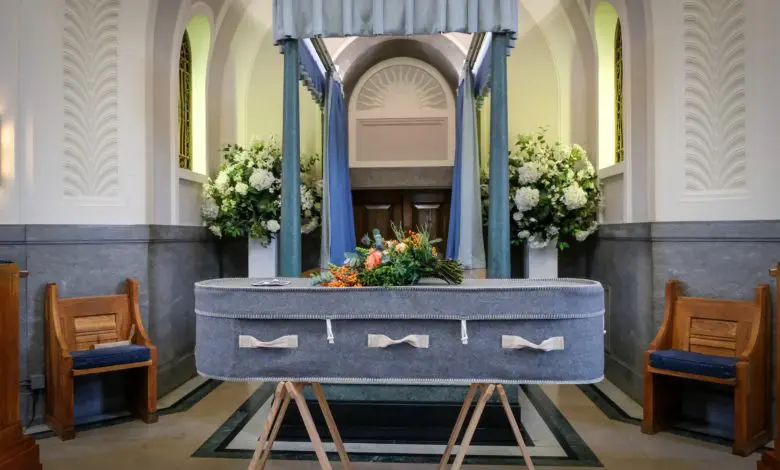Public health funerals are on the rise, the LGA finds
According to the LGA’s research, demand is rising for public health funerals, having grown by precisely 12.8% since 2021/22 when there were 3,900 in total

Register to get 1 free article
Reveal the article below by registering for our email newsletter.
Want unlimited access? View Plans
Already have an account? Sign in
The number of public health funerals – where a person dies without family or friends able to arrange a funeral – has risen to 4,400 in total for 2022/23, the equivalent of more than 12 per day nationally, according to the Local Government Association (LGA).
While councils make an effort to locate relatives to handle the deceased’s estate, if none are found or able to pay, the council is responsible for providing a “simple and dignified” service based on the deceased’s preferences, if known.
According to the LGA’s research, demand is rising for public health funerals, having grown by precisely 12.8% since 2021/22 when there were 3,900 in total.
This rise in public health funerals has edged up the total spend by councils to £5.96m in 2022/23 from £5.63m in the year before.
It comes as costs have been steadily rising in recent years, with the total spend over the past four years being over £21m on public health funerals between the Covid years.
Despite the increased demand for public health funerals, the LGA survey also showed that councils were “largely” able to deliver the support and information that deceased individuals – and their families – need in this challenging situation.
The survey revealed that 84% of respondents were familiar with good practice on delivering PHFs, and 63% provided information online about public health funerals and how to access them.
Some 62% of councils in 2022/23 said the most commonly cited reason for public health funerals was a lack of family or friends to provide a funeral. It was also one of the most frequent reasons cited in the previous three years.
Cllr Heather Kidd, chair of the LGA’s safer and stronger communities board, said: “The rising number of public health funerals is a clear example of how councils are having to do more with less, while also continuing to ensure that the most vulnerable in our society are treated with dignity.
“As this survey shows, as costs increase it’s going to add more pressure onto council budgets, even when they can recoup some money from the deceased’s estate.”
She added: “Councils need long-term certainty and sustainable funding to ensure that PHFs, along with other essential services, can continue to be delivered to the high standard required.”







